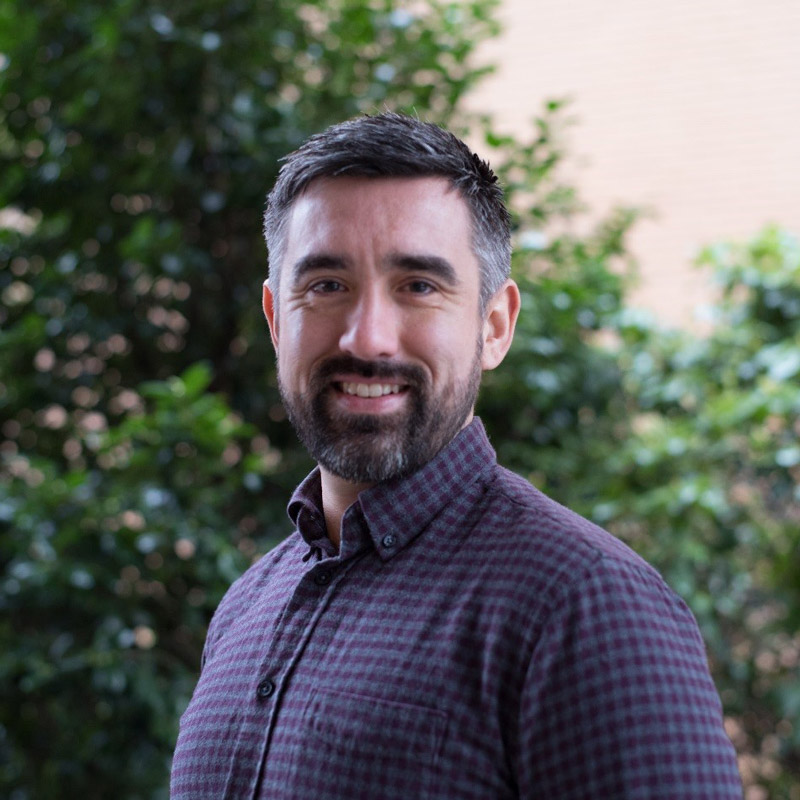
A message from Dr. Kelsey Louie, FNHA Office of the Chief Medical Officer (OCMO)
It's been awesome reading all the responses from community members, including youth and young adults, who are participating in the FNHA OCMO's "Sober (or Sober-er) for October" challenge! So many of you are doing great, whether you're cutting back, abstaining for the month, or continuing your journey in recovery from even earlier! Everyone should be proud of themselves for participating in this challenge to improve your health and wellness – and if you've slipped, I encourage you to try again, just as many of us do when we're dieting!
Young people and alcohol use: stats and trends
In this Sober for October message, I'll focus on alcohol use by young people. Alcohol continues to be among the leading health problems faced by Indigenous and non-Indigenous people alike, including youth and young adults. We are finding that not only are youth experimenting at younger ages, but that the way many are drinking is becoming more risky: "binge" drinking, or over-excessive drinking, along with combining energy drinks with alcohol, are both on the rise and pose a greater safety and health risk. And alcohol can dull our thinking and our perceptions. All in all, in a review of 95 unexpected deaths in First Nations youth ages 15 to 24 between 2010 and 2015, alcohol was found to be a contributing factor in 54% of cases. Given this, I encourage families, friends and communities to continue to allow for more safe spaces to speak on the topic and raise more awareness. (For guidance on how to talk to youth about alcohol/drugs, click here.)
Young people need non-judgmental, safe spaces
I've seen firsthand how beneficial non-judgmental, safe spaces can be … especially for youth! Growing up, I'd often visit my granny, and I noticed community members coming by her house while under the influence or "sobering up." My granny would always welcome them and give them a cup of coffee or a small meal. When they left, they would give her the biggest hugs and thank her, and she would always say something like "I'll see you soon; you stay safe." At the time, I didn't appreciate how far some love, safe space, and non-judgmental attitudes could go toward the wellness of others. But in retrospect, I can see that my wise old granny knew that everyone in the community was family, and whether she agreed with their actions or not, she always opened her arms and home to provide that feeling of safety.
Young people need unconditional love
I've also learned from some powerful teachings by Grand Chief Doug Kelly, after hearing him speak about unconditional love. As he says, whether you agree or disagree with your loved ones' decisions and choices, your underlying connection with the individual goes unchanged and you continue to love them unconditionally. Young people are going to make independent decisions and choices, many of which we may not agree with; youth is a time of exploration, finding your way in the world, and making and learning from mistakes. So the question then becomes, "Well, if drinking is going to happen, how do we reduce the risk of bad outcomes?" From talking to Indigenous youth in community and at awesome events like Gathering Our Voices, I've heard that they don't want to have to "sneak around," but would rather be open and honest so they can plan for safe outcomes. For example, they may want to be able to share where they are going, or know they can call a responsible adult at any time for a safe ride home. So, I encourage everyone to put aside their own personal feelings on the subject and approach these conversations with an open heart and mind, placing the youth's safety first.
Young people need healthy alternatives
Many youth have told me that they are keeping themselves and their friends as safe and healthy as possible by either choosing not to drink or by putting safety plans in place with their peers or adults. And that they are turning to healthy outlets like sports, cultural activities or hobbies (dancing, music, drumming, and beading, to name only a few) to keep themselves entertained or busy. They recognize the negative effects that alcohol use – even in moderation – has on performance, both mentally and physically. Some of the youth I meet are training for the North American Indigenous Games, Team BC competitions, the Junior All-Native Basketball tournament, and others are keen on being in great shape and in good health. I hope the youth in your community have these opportunities and options available to them, because they are great for overall health and wellness, and serve as strong deterrents from alcohol use.
On behalf of the Office of the Chief Medical Officer, Dr. Evan Adams, I wish everyone well this last week of the Sober for October challenge! Our hope is that you continue this new lifestyle of either reducing or abstaining from alcohol so you can be as healthy and well as possible!
Find out more about the Sober for October challenge here.

